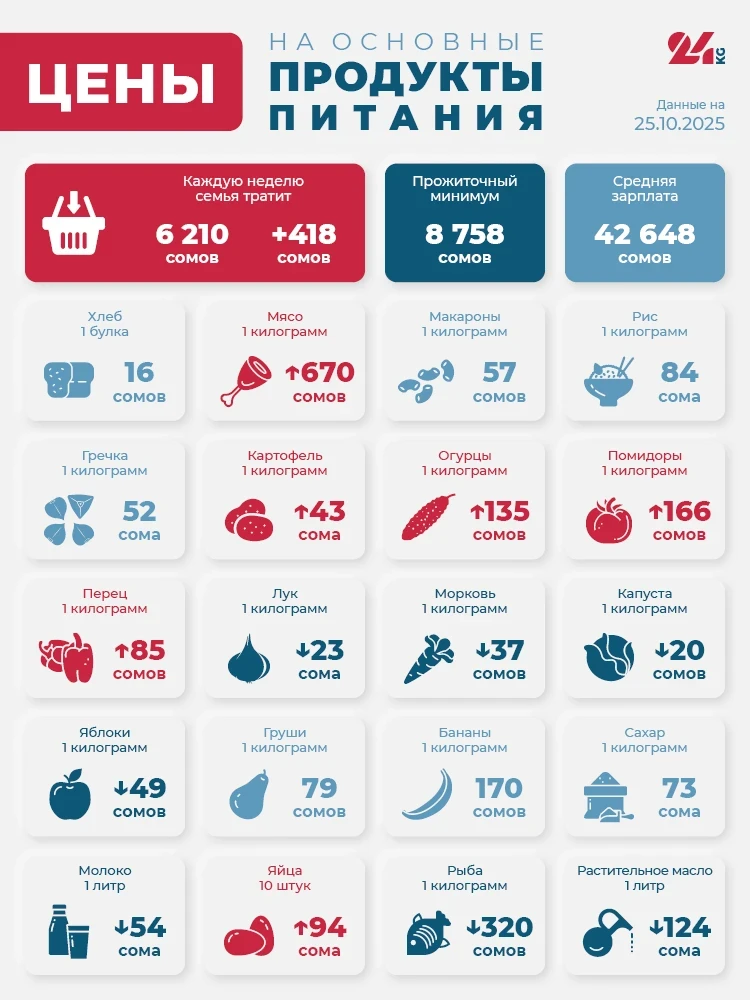
A new study conducted by scientists from Mass General Brigham suggests that regular consumption of ultra-processed foods (UPF) may significantly increase the risk of early precancerous changes in the intestine.
Analysis of data from nearly 30,000 women showed that those who consumed the highest amounts of such products had a 45% increased likelihood of being diagnosed with adenomas—precursors to colorectal cancer. The results were published in the journal JAMA Oncology.
The study relied on data from the Nurses’ Health Study II, which conducted regular endoscopies and collected detailed dietary information from participants over 24 years. On average, women obtained about 35% of their daily calories from UPF, but in the group with the highest consumption, this proportion was significantly higher. These participants were more frequently found to have adenomas, which is associated with the early development of colorectal cancer.
Interestingly, the link between UPF consumption and the risk of adenomas remained even after accounting for factors such as obesity, diabetes, and low fiber intake. However, researchers did not find any impact of ultra-processed foods on other, more slowly developing types of polyps.
The authors of the study emphasize that the increase in cases of early bowel cancer cannot be explained solely by changes in diet, but reducing UPF consumption could be an important step towards lowering the risk. The team is currently continuing to investigate other possible causes of the disease and is working on creating more accurate classifications of ultra-processed foods, considering that the harm of different types can vary significantly.
















